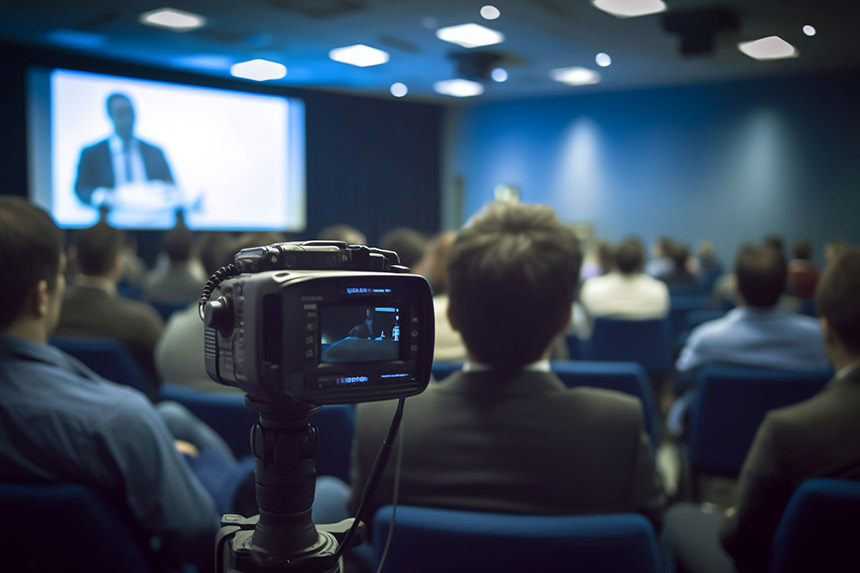Academic Conference Interaction, Attending an academic conference can be a rewarding experience for networking, knowledge sharing, and professional development. Here are some tips for effective interaction at an academic conference:
Before the Conference
1. Research Participants: Familiarize yourself with keynote speakers, presenters, and other attendees. Knowing their work can help you engage in meaningful conversations.

2. Prepare Your Own Work: If you're presenting, have a clear summary of your research ready. Anticipate questions and be prepared for discussions.
3. Set Goals: Determine what you hope to achieve at the conference. It could be networking, finding collaborators, or learning about specific topics.
During the Conference
1. Engage in Sessions:
- Ask thoughtful questions during Q&A sessions.
- Take notes on presentations, noting ideas or questions to discuss later.
2. Network Actively:
- Introduce yourself to others during breaks. Have a concise introduction prepared.
- Use social media (e.g., Twitter) to connect with attendees and share insights.
3. Participate in Workshops: Join breakout sessions or workshops to interact with smaller groups and exchange ideas.
4. Attend Social Events: Receptions, dinners, and informal gatherings are great for networking. Be open to conversation and approachability.
5. Exhibit Curiosity: Show genuine interest in others’ work. Ask them about their research, challenges they face, and their views on current trends.
After the Conference
1. Follow Up: Send emails to people you met, thanking them for their insights and suggesting ways to keep in touch or collaborate.
2. Share Learnings: Consider sharing what you learned at the conference with your colleagues or on social media to reinforce your engagement.
3. Reflect on Experiences: Analyze what worked well in your interactions and what could improve for future conferences.
Tips for Presenting
1. Stay Clear and Concise: Make your presentation accessible, avoiding jargon when possible.
2. Engage the Audience: Ask questions or include polls to involve attendees.
3. Practice Good Timing: Keep track of your time to allow for adequate Q&A without rushing.
General Etiquette
- Be respectful of others’ time and space.
- Listen actively when others speak.
- Avoid dominating conversations; ensure it's a two-way exchange.
- Dress appropriately, as first impressions can be important in academic settings.
By following these guidelines, you'll maximize your experience at the academic conference and create valuable connections within your field.

